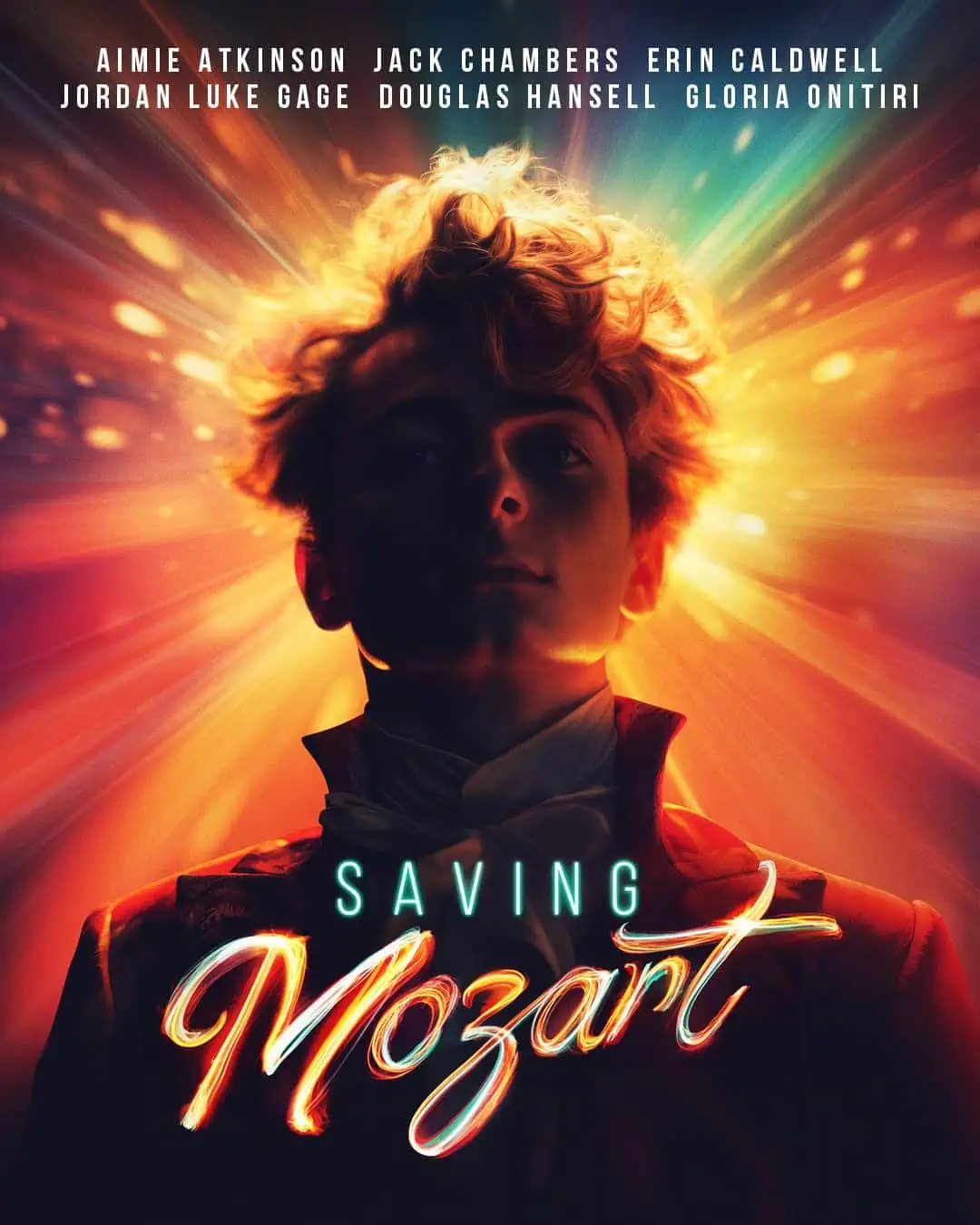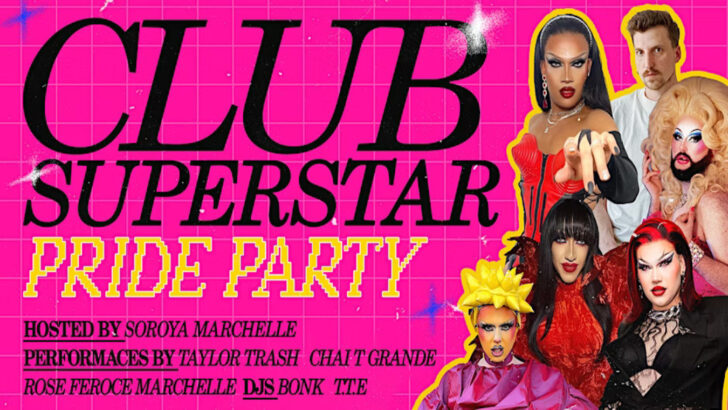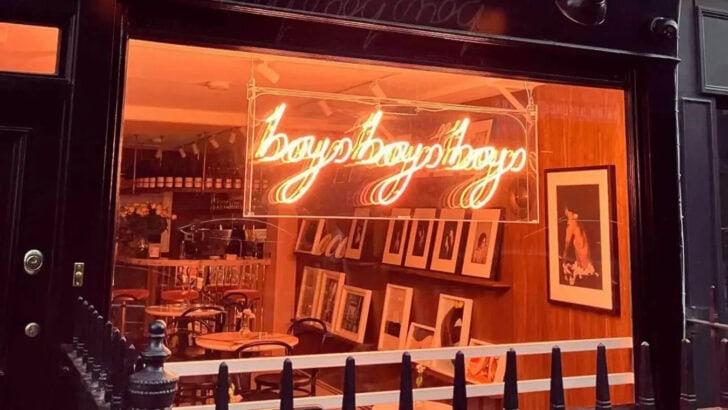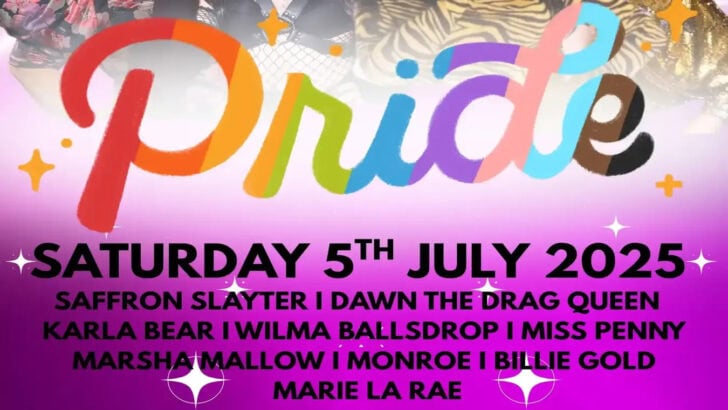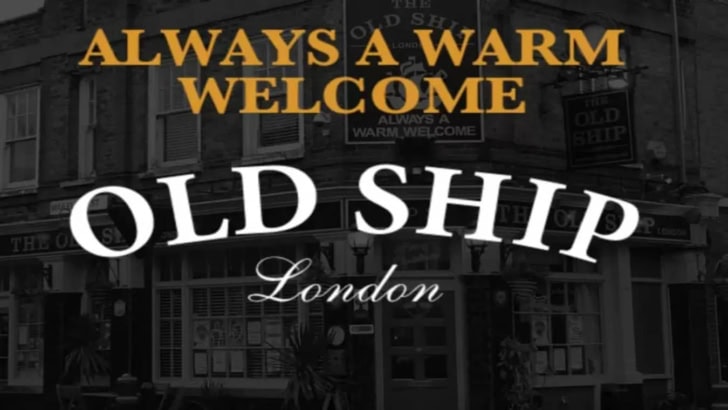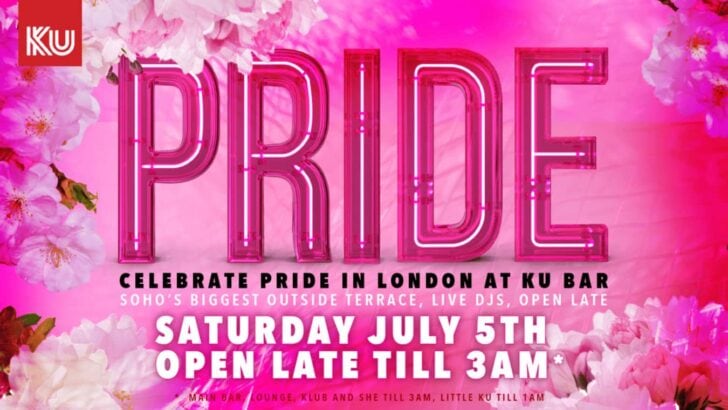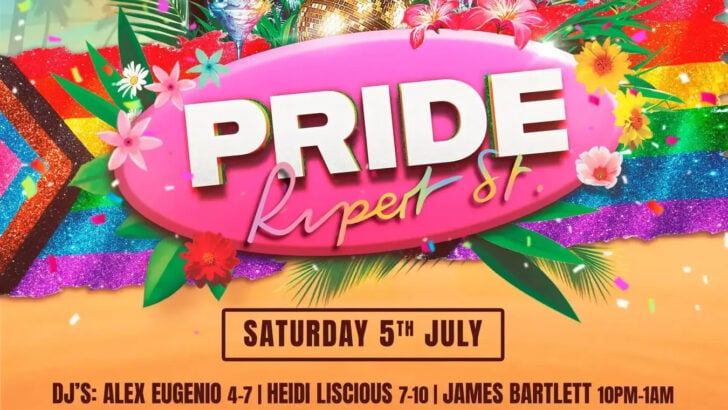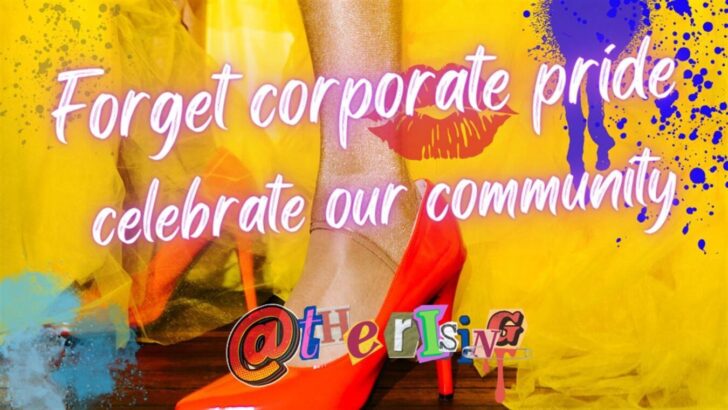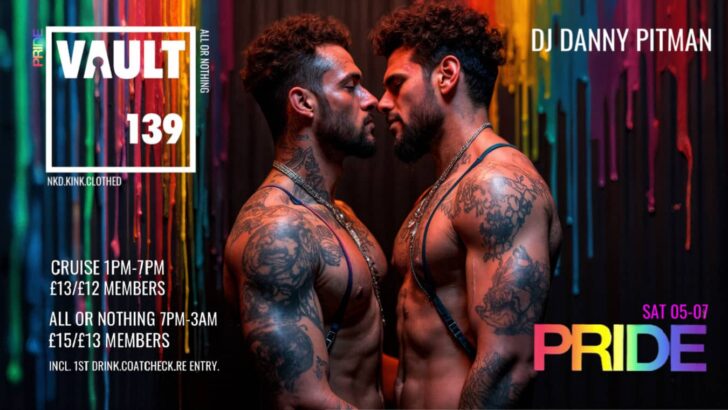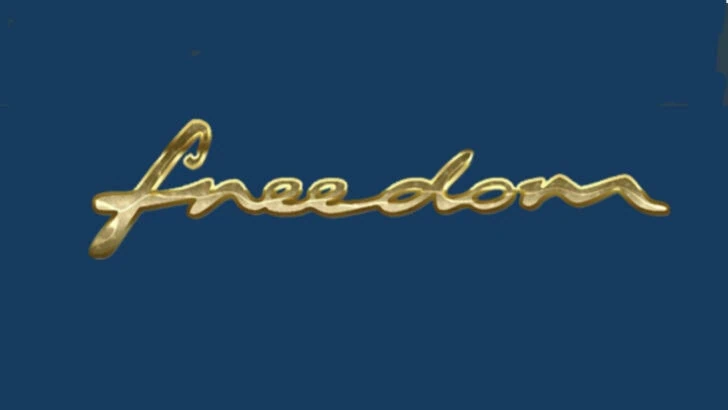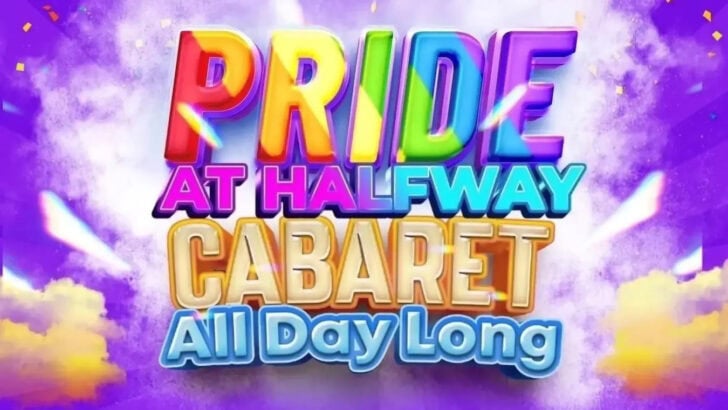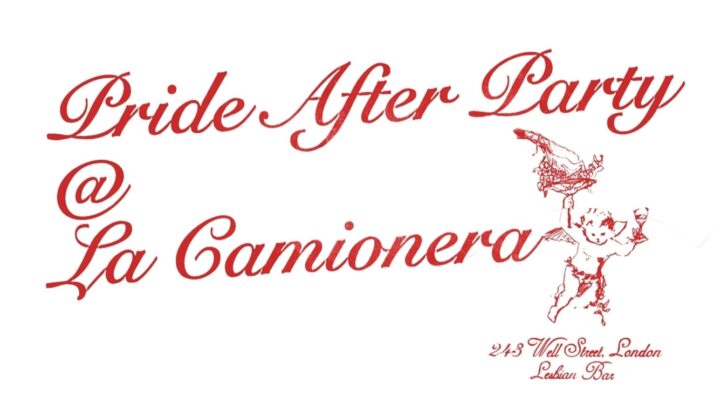While the LGBT scene seeks to cultivate an environment of empowerment, it remains a place of uncertainty, ignorance and persecution for a high number of trans men.
Chris Godfrey speaks to four trans guys about their experiences on the LGBT scene.
Jake Graf
Before I transitioned I was on the lesbian scene and used to work in candy bar, so that was my community. It’s weird, obviously you know what the scene is like; on the girl’s scene there’s this anti-men thing where all the girls group together and they go to women’s bars and that was obviously a bit isolating for me. But I was part of that community at the time, so I went along with that.
And I guess when I transitioned it was really not taken well at all. I was told by a lot of the girls I shouldn’t do it and there was a real feeling that I was jumping ship on the scene. It was almost like I was becoming a traitor, becoming the enemy.
When I went back about a year or two into transition, I was punched by a lesbian, I was spat at by someone else, so just the usual stuff. They’d grab me between the legs when I told them I was trans. This happens to a lot of trans people apparently, so that’s one of the perks: getting grabbed by strangers in the middle of the street between your legs. So that was from the girls and obviously more and more I sort of distanced myself from that kind of thing.
I know that a lot of guys have quite bad experiences from what I hear. When you do the big reveal, which you probably have to at some point, as otherwise it could be quite awkward, I know a lot of guys would say that you’re not a cis guy therefore I don’t want to date you. But in my experience that hasn’t been the case. So I’ve been quite lucky in that respect.
With me no one ever knows that I’m trans; if anything when I tell people they say ‘no you’re not, that’s bullshit’ and I have to show my hand or something (as we tend to have smaller hands than cis guys) just to prove that I am trans, which is ridiculous. But I know that there are people obviously who don’t present in the way that I do, who are happy not to present in the binary way and obviously they, I would say, are certainly more at risk.
Fox Fisher
I’m out on a national level and have been since I took part in My Transsexual Summer on Channel 4, four years ago. Despite being an out trans activist, I can still go down the pubs or the shops and just be read as a guy. People sometimes read me as a gay guy, which is fine by me as I’m pansexual, so it’s kind of half right!
Before I transitioned I tried to live my life as a woman but that didn’t really work for me at all. I feel like I’ve had many lifetimes in one and it’s strange to be on this side of things now get to live my life as a male, as my authentic self. I’m just so happy to be seen as myself, as a guy. I don’t really care how I’m read and I think a lot of trans guys feel like that too.
I would say about four or five years ago there wasn’t really a trans community. We would just meet up each year for Trans Day of Remembrance, which is very sombre and honours any trans related deaths, naming those who didn’t make it that year globally.
So when we set up Trans Pride in Brighton we wanted it to be separate to ‘big pride’ as we felt the larger pride events (in bigger cites) are further down the line with equality and awareness. They’re at a point of party and celebration, which is a wonderful thing, but as trans people, we’re still at that point where we’re trying to help people understand that gender expression is a human right. Obviously a lot of trans people may also be part of the gay/lesbian community, depending on their sexuality.
But when we first set up Trans pride Brighton I remember us bringing flyers around to different gay bars and clubs and felt some hostility from the staff there and maybe a bit of confusion too – maybe they didn’t understand a trans person’s needs or why we were doing something separate. I think there are issues among the LGBTI community to try and understand one another better with all our categories, which have historically had different issues and agendas. Regardless of sexuality or gender expression, we’re all bonded by our non-conformity.
But since the first Trans Pride event three years ago, I’ve seen a lot of integration in Brighton and support from the gay community. Particularly for the trans movement we’re making progress through film and the media, and there are lots of people coming out who are quite well known. Things are shifting on a massive scale and people are becoming more and more aware. I think things are looking very positive for us.
Lewis Hancox
These days going out is all positive for me, because I’m at a stage where it doesn’t matter where I’m going, whether it’s the LGBT scene or straight clubs. But back in the day, when I was earlier in my transition I remember feeling quite uncomfortable.
When you’re at the earlier stages of transitioning you really focus on other people’s perceptions of you and you’re really self-conscious. I think that heightens everything around you really. In the early stages of my transition when I went out I was what people perceived to be a lesbian, I would feel like I fitted in going into the all girl clubs. And when I was perceived as perhaps transitioning to a guy, I did feel like when you walked into a place all eyes are on you, that people would be thinking ‘what are you doing here?’
I did actually get a bit of negativity from a gay guy with his boy friend and he could tell that I was born female and he was quite hostile towards me, saying ‘oh you’re pretending to be a guy’, which you wouldn’t really expect from the gay community, because you’d think that people would be more accepting since they’ve had to go through things themselves. So I remember that that affected me quite a lot really.
When I’d go to the LGBT scene that would actually make me feel a little bit more uncomfortable. I guess I was just quite conscious of wanting to be seen as a straight guy and people weren’t really seeing me as that; they perhaps either saw me as gay or I got one comment from a guy saying I was a butch lesbian even though I’d been on the hormones and everything I still looked a bit more androgynous.
I’d either get perceived as a butch lesbian or a gay guy, which wasn’t what I was and that was quite frustrating, as I didn’t seem to get people labelling me if I went out around clubs that weren’t LGBT.
But I guess after I looked more and more naturally male I would go into the clubs where perhaps it was mainly guys and obviously everyone would just presume that I was a gay guy myself. But I’m not bothered by that now; I think it’s something that you’re more conscious of when your more focussed on the transition.
Now I go out in Soho and it’s always great, no one mistakes me for female anymore and if people don’t know I’m trans and perhaps think I’m a gay guy that doesn’t bother me one bit. I guess I’m just a bit more comfortable with myself.
Leng Montgomery

I prefer to disclose because that way I know that someone has that knowledge and also it gives me a good indication if someone’s aware if someone’s ok with stuff like that. I was in a bar in Soho once and a guy went to kiss me and was getting a bit gropey, and I said well by the way I’m trans. Then he was like ‘eurgh, I don’t deal with people like you’, and he punched me in the face. That was about eight months ago.
Sometimes I’ve even found on apps like Grindr and things like that, that sometimes when people realise that I was born female – because I’m quite open about it – I get a lot of negativity. I’ve had more polite messages where people have said ‘that’s not my thing’ and that’s fair enough, but some people who’ve been like eurgh you’re not a real man or that sort of thing.
Generally, I don’t think people are going out of their way to be outwardly hostile. Some people – because they panic about it instead of being mature about it – sometimes they respond in quite extreme ways and that isn’t always a nice situation to be in.
But I don’t feel overly negative about it either. I don’t let it prevent me going out but I just don’t really have many expectations on the scene. I just feel it’s based on a lack of understanding. I definitely feel that there’s still a lot of education and acceptance to happen within even the LGBT community, in the same way that straight people don’t always get it.
I have found though, that on a personal level that the people I’ve had constant encounters with or have had relationships with are people that generally seem to be a lot more secure in their sexuality or who they are.
The term Self Made Men, and its dual meaning, was made famous by Jason Robert Ballard, who started a community resource site for trans men before going on to launch US based FTM Magazine. The term, which literally refers to us having had to ‘reconstruct’ and make ourselves into the men that we are today, has been widely adopted by the trans male community, particularly in the States. It’s very prevalent on sites like Instagram, as a sort of underground code that allows us to recognise each other, much like ‘Friend of Dorothy’, I guess! – Jake



